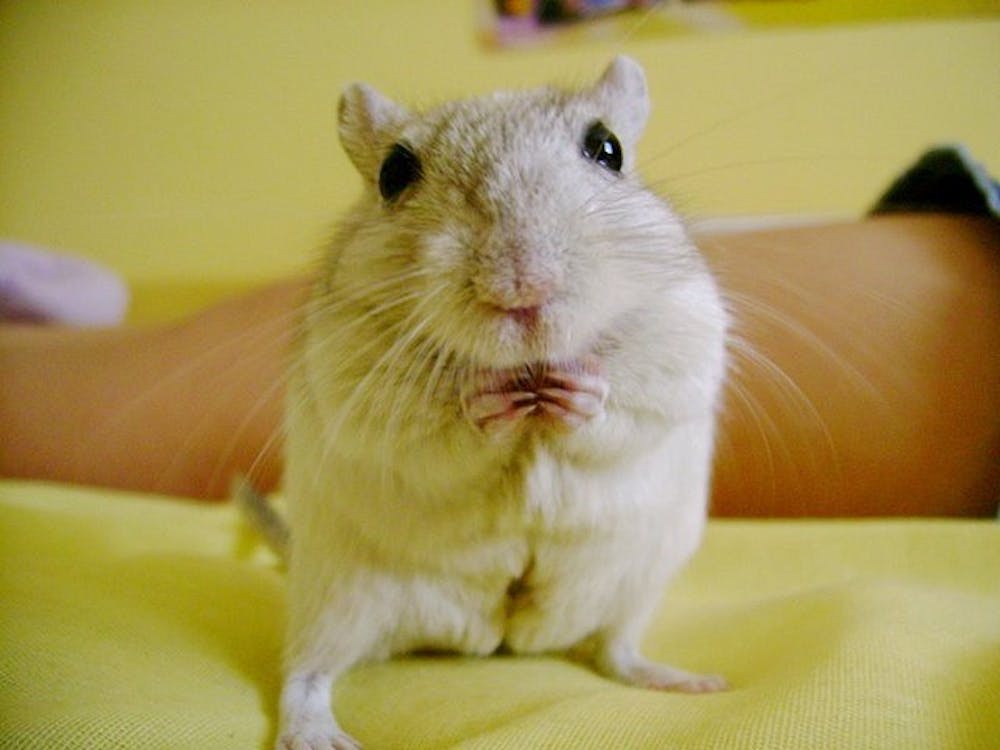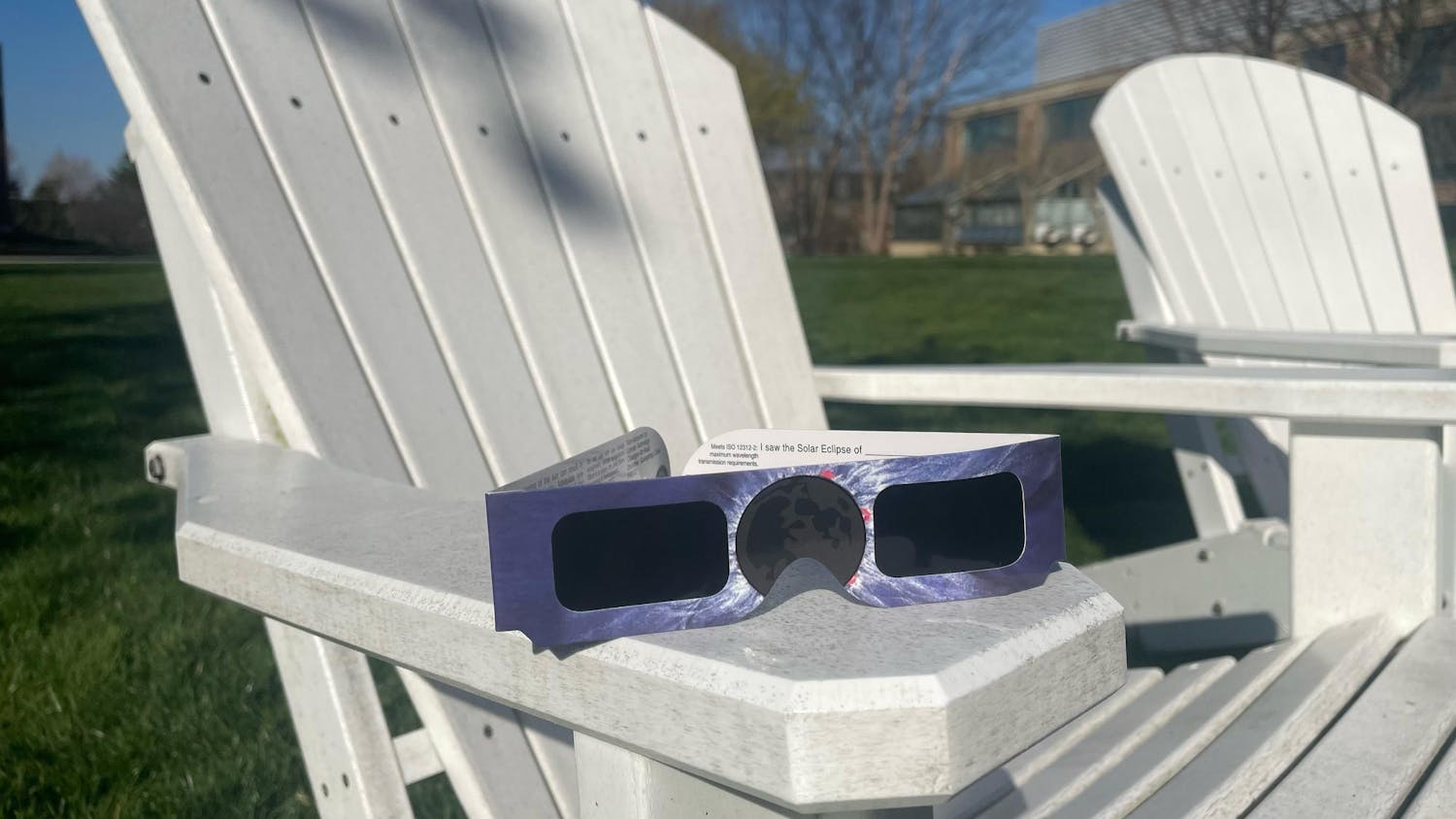If you are a student living on campus at Otterbein University, tiny critters in dorms could cause big problems.
According to the Student Code of Conduct, only aquarium fish, hermit crabs and small turtles are allowed in any residential area on campus, and according to Tracy Benner, director of residence life, this has been the campus standard for a while.
Under Otterbein’s current supervision and pet policy, violations per semester remain consistently in single digits, according to Benner. This trend continued with only four reports of the level-I violation last fall.
According to Julie Saker, director of student conduct and wellness, this low number reflects the policy’s success rather than failure.
“In general we feel like there aren’t a lot of pets in the residence halls, and if there are, they usually end up getting caught, frequently because other students complain. The main (goal is to limit) the potential for damage from having the pet,” Saker said.
There has been a decrease in the number of pet violations over the past three years, and they have only involved cats or dogs, Benner said.
According to Jazmyne Flowe, an RA in Davis Hall, hamsters, guinea pigs and lizards tend to be the most common violation in the pet policy.
She said that only major housing issues are typically reported to the upper staff of Residence Life, and therefore, the administration does not usually find out about minor breeches in the pet policy.
Recently, sophomore public relations major Meredith Ulmer and sophomore art major Stacey Endicott were caught with a pet mouse in their room.
They kept their mouse, Watson, for the first semester of the year, but an RA from another hall overheard that they had a nonregulation pet and had it removed. In addition to having the pet taken away, Endicott and Ulmer had to write a paper on how having an animal could be harmful to others in the dorm.
Ulmer said that she does not think that all animals should be allowed in the dorm since some people have pet allergies.
Both students said that the size of the animal should be a factor in determining what is acceptable.
“I think having a dog or cat is too big, but if you have a kind of rodent, that’s OK,” Endicott said.
Ashley Wallace, senior religion and art history major, said, “There are people who are less mature who probably shouldn’t have animals, but if people are mature about it and responsible about it then I don’t see a problem with (having a pet on campus).”
Based on campus policy, Otterbein students found with unsanctioned pets face potential for monetary fines that are determined on an individual basis and must additionally pay for any potential damages to rooms and facilities, such as carpet cleanings and wall marks. Like any other level-I violation, the consequences are generally less severe than a level-II or -III violation.
“Initially we try to deal with it as much on a personal basis as we possibly can,” Benner said.
Melinda Latas, Clements Hall director, said that if there is a violation of the policy, students are generally compliant with the consequences.
“Students will be upset if they feel like the policy is extremely unfair or without grounds … My strategy to overcome that is to make sure the sanction addresses the community to make up for what they did, like making a bulletin board to educate the community or their peers or writing a letter of apology to the roommate who had been inconvenienced (by the pet) or to the RA who had to deal with it or something of that nature … as long as the sanction feels like it fits the crime, I don’t usually have issues (with student compliance),” she said.
According to Benner, the current policy has been in place since before she came to the school.
“The fact is I haven’t done anything to try to adjust our policy. I have seen other policies at other places and I’ve seen pros and cons of that,” she said.
While it is not common for universities to offer pet-friendly housing, there are a few schools that are breaking the mold.
“There are some universities that are beginning to offer (pet accommodations) as a possibility, but I’m guessing they would charge a lot more for their cost of living. In fact they’d have to have a more sound policy and stricter supervision,” Saker said.
According to petside.com, a few of these differing policies and places are closer than you might think, at least in location.
Students at Washington & Jefferson, a liberal arts college located in Washington, Pa., can bring family pets like cats, dogs and small birds to school, given that they live in the school’s sanctioned “Pet House” dorm.
Eckerd College in St. Petersburg, Fla., offers four pet-friendly, air-conditioned dorm “clusters” where residents are permitted to have cats and dogs under 40 pounds.






